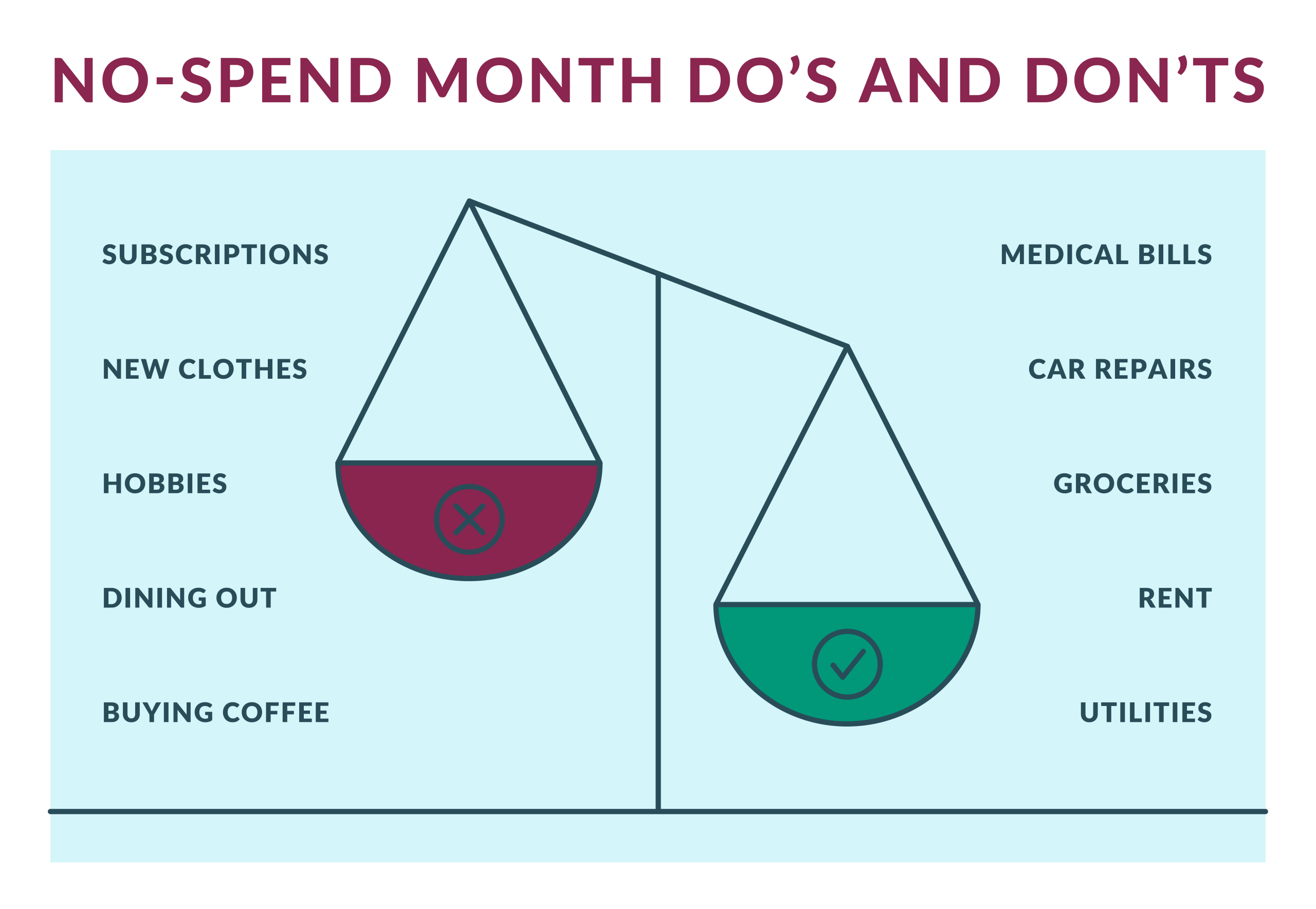Anúncios
Life insurance is an essential financial tool to ensure the security and peace of mind of your family and loved ones in the event of your absence.
While the concept of life insurance is relatively simple—a policy pays a financial benefit to named beneficiaries upon the insured’s death—many aspects and details can raise questions among those interested.
In this article, we’ll cover everything you need to know about life insurance. Follow along and find out.
What is Life Insurance?
Life insurance is a contract between an individual (the insured) and an insurance company, in which the insurer agrees to pay a sum of money (the benefit) to the beneficiaries designated by the insured in the event of their death.
This financial benefit can be used for various purposes, such as covering funeral expenses, paying debts and ensuring children’s education. Or simply providing financial security to family members.
Choosing the right life insurance is an important decision that should be based on careful evaluation of personal and family needs and circumstances.
Consulting with an insurance professional can help better understand the available options and select the policy that best meets your financial expectations and goals.
What Does Life Insurance Cover?
Life insurance is designed to provide financial protection to the insured’s beneficiaries in the event of their death.
However, coverage may vary depending on the type of policy and the specific terms agreed upon between the insured and the insurer.
Here are the main components and situations that life insurance may cover:
- Death of the Insured.
- Terminal Illness Coverage.
- Accidental Death Coverage.
- Disability Coverage.
- Critical Illnesses.
Although life insurance offers a wide range of protections, there are situations that are generally not covered: suicide, hazardous activities, unlawful acts, and fraud.
It is essential to carefully read the terms and conditions of the life insurance policy to understand exactly what is covered and what the exclusions are.
This way, you can ensure that the financial protection offered by life insurance is adequate and comprehensive.
Types of Life Insurance
There are several types of life insurance. It’s important to know each of them so you can be sure of which one to choose.
Term Life Insurance
Term life insurance, also known as temporary life insurance, offers coverage for a specific period, usually between 10 and 30 years.
This type of insurance is a popular choice due to its affordable cost and simplicity. It provides financial protection during the contracted period.
If the insured dies within that period, the beneficiaries receive the agreed-upon amount.
The premium (the amount paid by the insured) usually remains constant during the policy period.
At the end of the term, the policy expires without any cash value. If the insured does not die during the period, there is no benefit payment.
As advantages, it offers a more affordable cost and is much simpler to obtain. On the other hand, coverage is limited and does not accumulate cash value.
Permanent Life Insurance
Permanent life insurance provides lifelong coverage as long as premiums are paid. In addition to the death benefit, these policies often accumulate a cash value over time.
Whole Life Insurance protects the insured throughout their life. Premiums usually remain constant throughout the life of the policy.
Part of the premiums paid accumulates cash value, which can be borrowed against or withdrawn by the insured.
Universal Life Insurance, on the other hand, allows adjustments to premiums and coverage amounts over time.
It accumulates cash value, which can be invested in savings accounts or investments linked to the policy.
You still have the possibility to change the amounts paid and the coverage as needed. However, this type of insurance is more expensive than the other.
Which Policy Should I Choose?
Choosing a life insurance policy is a personal decision and depends on various individual and family factors.
There are some aspects to consider when deciding which type of policy is most suitable for your needs.
If you want protection for a specific period, such as while your children are dependents or until a mortgage is paid off, term life insurance may be the best option.
If your goal is to provide an inheritance, cover end-of-life expenses, or have a savings component, permanent life insurance may be more suitable.
If budget is a concern, term life insurance typically offers lower premiums, making it more affordable.
If you can afford higher premiums and value the accumulation of value over time, permanent life insurance may be a good choice.
For young adults or families with young children, term life insurance can provide necessary coverage at an affordable cost during the years of greatest financial responsibility.
For older individuals or those planning estate transfer, permanent life insurance may be more suitable.
But if you prefer to keep investments and insurance separate, term life insurance may be sufficient.
If you want insurance that also functions as an investment, accumulating cash value over time, consider a permanent life insurance policy, such as whole life or universal life insurance.
Finally, healthy individuals may obtain lower premiums for both term and permanent life insurance.
If you have health issues, it may be advantageous to purchase life insurance as soon as possible, as premiums tend to increase with age and health conditions.
What Can Affect Insurance Costs?
Several factors can influence life insurance costs, so it’s important to be attentive when making a purchase.
Generally, the younger the insured, the lower the premiums. This is because the risk of death is lower in younger people.
Pre-existing medical conditions can increase life insurance premiums, as they represent a higher risk for the insurer.
Also, note that the higher the benefit value (the amount paid to beneficiaries in the event of the insured’s death), the higher the premiums.
Premiums for term life insurance policies tend to be lower than for permanent life insurance policies, due to coverage for a limited period.
Additionally, consumption habits and profession can influence when closing the premium value.
Finally, if there is a history of serious illnesses in the family, such as cancer or heart disease, premiums may be higher due to increased risk.
It’s important to remember that the insurer may require medical exams and evaluation of the insured’s health history to determine premiums.
You should consider all these factors when looking for life insurance and understand how they can affect premiums.
Additionally, comparing different insurers and policies can help find the best option that fits your needs and budget.
Now that you know how life insurance works, choose the one that best suits you and sign up. And check out other amazing tips on our website.






